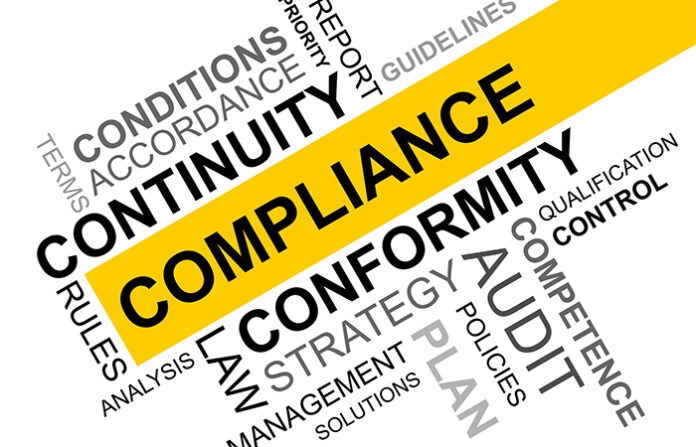Employers nationwide continue to face growing compliance issues driven by intense federal enforcement, active state legislatures and the growing #MeToo movement, according to a new report.
In its eighth annual survey titled The Littler Annual Employer Survey, 2019, which polled more than 1,331 in-house counsel, HR leaders and C-suite executives, Littler found HR and business leaders tackling increasingly complex compliance challenges, mainly focused on preventing workplace harassment and pay inequality
According to Michael Lotito, co-chair of Littler’s Workplace Policy Institute, changes under the Trump administration are proving slow to materialize, so employers report feeling very little relief from federal regulation and enforcement.
For instance, the survey shows that employers’ perceived impact of various regulatory issues on workplaces remains relatively unchanged from last year. Those polled say enforcement of federal employment laws by the Department of Labor is their leading concern, with 78 percent anticipating a “moderate or significant” impact on their workplaces over the next year (up slightly from 74 percent in the 2018 survey). In the 2017 and 2018 surveys, 77 percent said the same of enforcement by the Equal Employment Opportunity Commission.
“Despite the lack of activity on regulatory matters over the past two years, agencies are moving quickly to complete their regulatory agendas before the 2020 election season,” Lotito says. “2019 is a year of preparation as the race is on to finalize rules that could have an enormous impact for employers in the coming years.”
This includes the DOL’s new proposed rule to revise the “white collar” overtime exemption regulations, which the majority of employers were already preparing to comply with prior to the release of the proposal. In addition to the 42 percent of respondents who instituted changes prior to the injunction of the 2016 rule, 40 percent are reviewing job descriptions to verify the classification of current employees, and 36 percent are auditing compensation to identify those employees likely to be impacted.
“It is encouraging that such a large percentage of employers are taking steps to prepare for the rule changes before they are finalized,” says Tammy McCutchen, Littler principal and former administrator of the DOL’s wage-and-hour division. “With the DOL targeting an effective date in the first quarter of 2020, companies may not have much time to come into compliance if the rule is not finalized until fall of 2019. Those that wait for the final rule to make decisions on classification and salary levels may be too late to comply by the effective date.”
Also, the proliferation of state and local employment laws is creating persistent compliance challenges across a range of issues. Paid sick leave requirements rank number one with 69 percent of respondents indicating difficulty in complying with a growing patchwork of laws often conflicting in nature, followed by marijuana legalization (54 percent) and background checks (52 percent).
Finally, with the #MeToo movement strengthening and calls for workplace equality extending to include equal pay, issues such as sexual harassment and gender pay equity are key focus areas. Employers are getting more serious in curbing sexual harassment in their workplaces: Providing additional training to supervisors and/or employees (63 percent in the 2019 survey, up from 55 percent in 2018); updating HR policies or handbooks (51 percent in 2019, up from 38 percent in 2018), and more proactively addressing complaints and potential misconduct (37 percent in 2019, up from 29 percent in 2018).
“#MeToo has touched every industry imaginable; it impacts all types of companies, large or small, high profile or even no profile,” says Helene Wasserman, co-chair of Littler’s litigation and trials practice group. “The survey data shows that most companies are taking this issue seriously and are focused on providing training and updating policies and procedures to ensure employees are treated fairly and feel safe in the workplace.”



